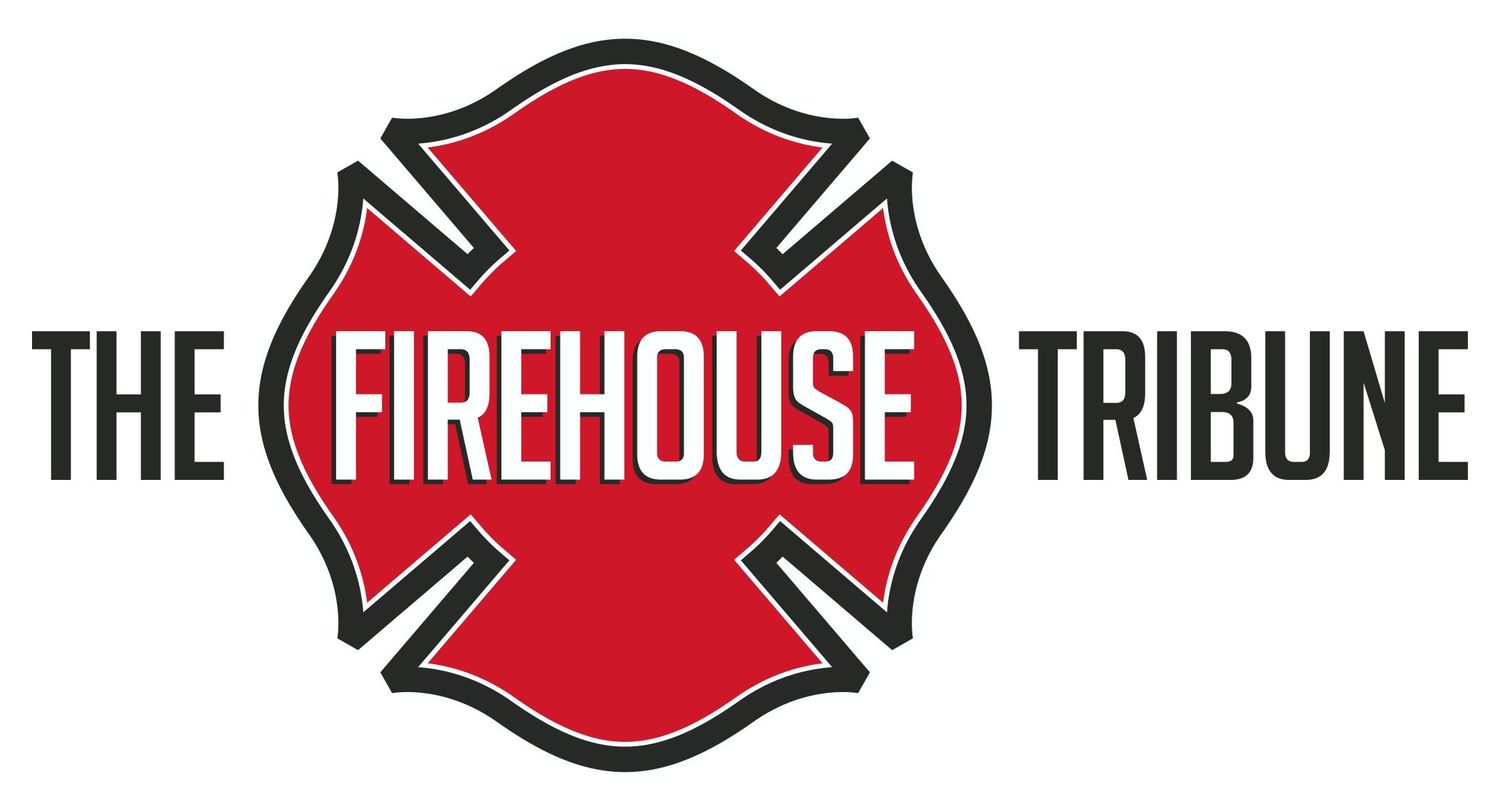How Are You Training?
We have all heard the saying “I’ve seen one fire; I’ve seen them all”. Well the saying really goes “I’ve seen one fire…I’ve seen one fire”. No two fires are the same but in this article we aren’t here to talk about fire behavior and fire science, we are here to talk about training.
Each one of us knows a firefighter or two on their department that speaks like they know a whole lot about everything but in actuality the individual knows a whole lot about nothing. They seem to think after they get their minimum requirements by their respective state and meet departmental requirements they don’t need to do much more to better themselves on the job. Believe me, this isn’t all firefighters but there’s always an outlier in the group.
I know what you’re thinking. Why am I saying this?
I’m saying this because continual education is one of the most important aspects to the longevity of job.
In New Jersey, the state requires firefighters who enter the fire academy to fulfill 192 of initial training in the “Firefighter 1” Program before they can sit for the State Firefighter Exam along with an additional 120 hours of training in the “Firefighter 2” Program. Most departments in the state also require personnel to be EMT certified which requires a minimum of 210 hours of training. This consists of classroom, hands on training and ER (emergency room) time.
In addition to this, most departments do require their personnel to have other types of training that is required by their respective department. Some of these courses include but are not limited to pump operations, incident management, officer training, technical rescue and any other specialized training that is specific to the work of their department.
EMTs in NJ who need to renew their certification are required to complete 24 hours of an EMT Refresher consisting of 3 modules over a 3-year period. Each module is a total of 8 hours of training; where each module contains a specific area that has to be covered. Module A contains airways, module B covers medical emergencies and module C covers trauma.
Most departments require firefighters to have an annual refresher each year covering bloodborne pathogens, hazmat, ICS, SCBA refresher and your Right to Know annual refresher.
Is this enough training for firefighters to keep fresh and up to date with changes and updates in the fire service? Why isn’t there a mandated requirement like EMTs have by covering certain areas in the same way the EMT Refresher does?
As we know, departments are consistently doing refresher training on a variety of skills to keep their firefighters fresh and up to date on new standards and skills. Which, in my opinion is a very resourceful way to keep skills sharp while adding new ones. But here’s the next question, outside of required department training, what else are firefighters doing to better themselves on the job?
I noted 3 areas of training that I live by in order to achieve my goals, with the 3 in my opinion being the most important, to do what I can to advance my firefighter career.
1. Classroom training
2. Hands on training
3. Self-education
Education is a key to success but hard work and dedication opens the door to the advancement of your career. This is why I say self-education is the most important of the 3 areas of training. We all can go to our required training but can we all pick ourselves up and read a few books, watch a webinar, listen to a podcast or read articles in magazines or on websites that pertain to our job all during our valued and much needed time off?
Let’s challenge ourselves to add at least one of these self-education areas into our personal toolbox and go above and beyond what is asked of us.
Until next time; work hard, stay safe and live inspired.
About the Author
NICHOLAS J. HIGGINS is a firefighter with 14 years of service all within departments in Piscataway, NJ. Nick has held the ranks of Lieutenant and Captain as well as being a township elected District Fire Commissioner for 1 term (3 years) in Piscataway, NJ. He is also a NJ State certified level 2 fire instructor. He holds a B.S. in Accounting from Kean University working in Corporate Taxation and is the founder/contributor of the Firehouse Tribune website.
